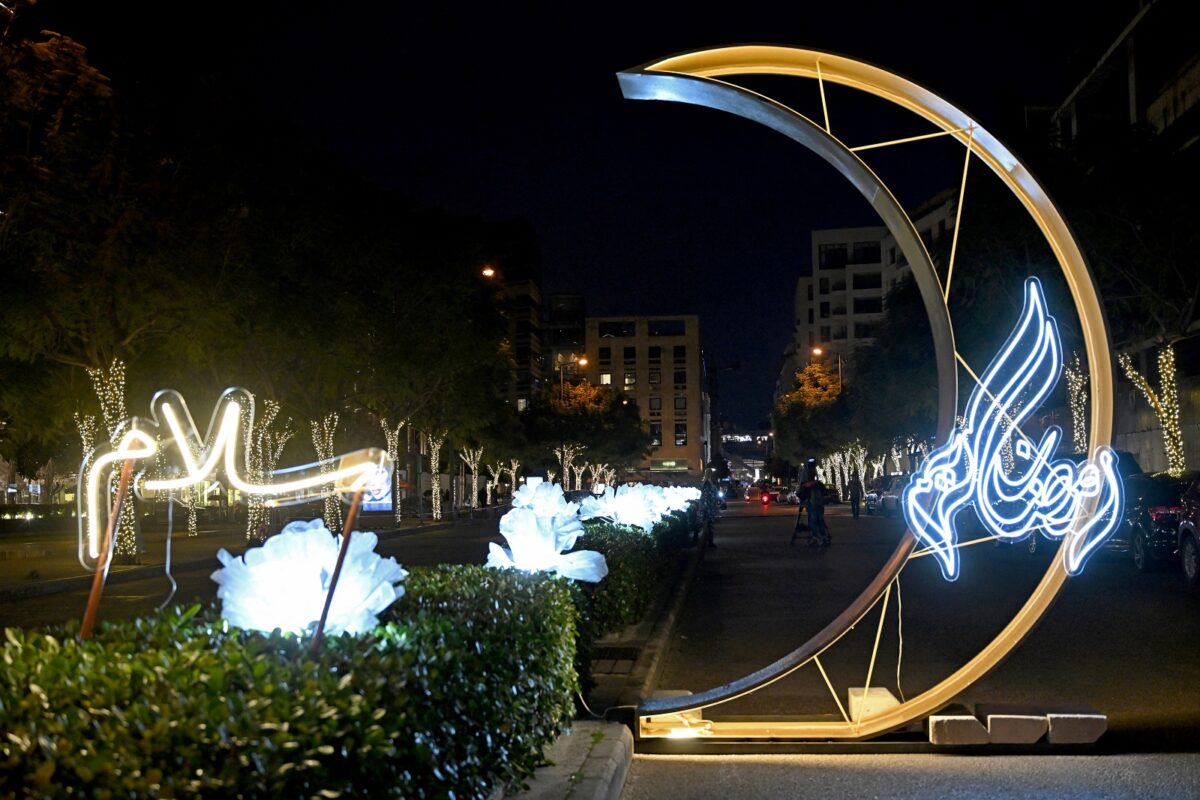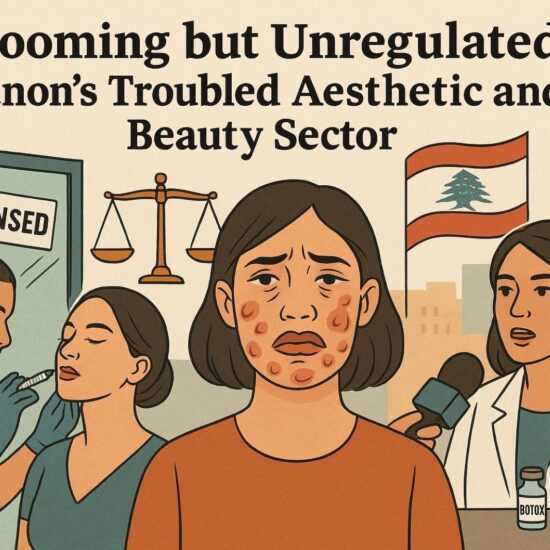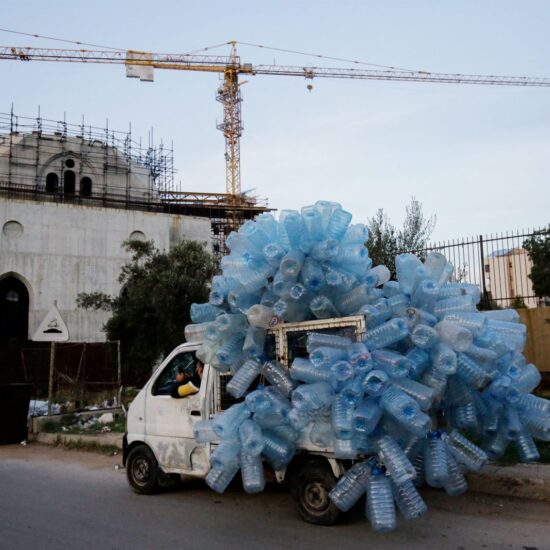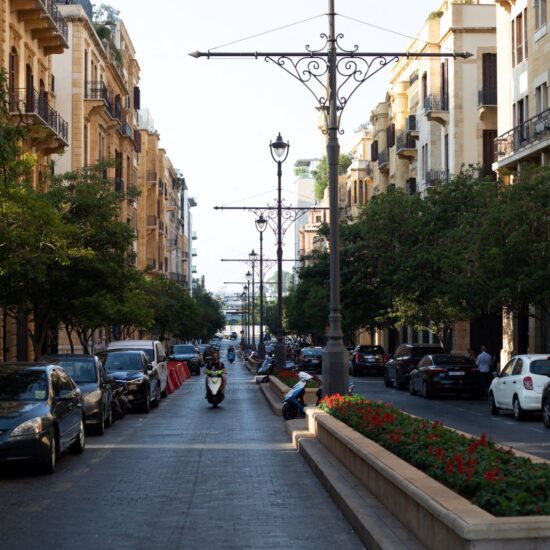
Fatima Ajami was accustomed to spending each Ramadan with her family. They would gather at their house in South Lebanon and relish in delightful warm meals prepared together for iftar. Even if that ritual was skipped, relatives would meet at her house in Tyre, a coastal city in South Lebanon.
However, this year is different.
Due to the Israeli bombardment of Southern Lebanon, Fatima and her family won’t be able to make it to their village on the southern border.
The onslaught began shortly after the October 7 surprise attacks by Hamas on Israel. Over 300 individuals have been killed by Israel so far in South Lebanon, with at least 30,000 deaths in Gaza.
“This is unlike anything else we’ve endured in recent years,” Fatima told NOW. “Sure, there was an economic crisis and times were challenging, but this is much worse.”
As she sits in her house in Tyre, solitary, since her family members are too fearful to journey anywhere near the South due to the indiscriminate Israeli attacks that could strike anywhere in the region, Fatima frets over this year’s Ramadan.
“I am hesitant to leave my house, but I may go stay with my sisters in Beirut because there’s no purpose in observing Ramadan alone,” she stated.
Ramadan, a revered period for Muslims marked by spiritual and physical fasting, will be unlike any other this year, as the ongoing conflict has shaped people’s lives distinctly. Insecurity, displacement, and unemployment have placed the inhabitants of South Lebanon in a predicament reminiscent of the 2006 war with Israel. However the latter lasted a month, this war is still ongoing after 6 long months.
What is happening?
The escalation of Israeli attacks has led to increased casualties and extensive destruction, with a notable decline in precision.
According to analysts, historically, Israel’s behavior during conflict indicates a deliberate strategy to render Southern Lebanon inhospitable for civilians, effectively establishing a security buffer zone.
Human rights groups have condemned these assaults on civilians, labeling them as war crimes.
Since October 8, over 87,000 individuals from Southern Lebanon have been displaced, as reported by the International Organization for Migration. Those who remain are primarily the elderly or individuals unable to afford alternative accommodation. Among those displaced, some have sought refuge in Lebanon’s 18 designated shelters, while others found temporary lodging with friends or family.
A considerable portion of Fatima’s family has been displaced, with many now residing in Beirut – approximately 10 relatives crammed into a single house. Despite Ramadan traditionally being a time for family gatherings, she expresses discontent with the current situation, noting that family members are forced to endure cramped conditions, leading to disruptions in their jobs and education.
“We simply can’t continue living like this,” she laments. “We urgently need a solution and a ceasefire. We need to return to our normal lives.”
While Fatima intends to observe Ramadan for religious reasons, she feels that the usual Ramadan ambiance of hope, charity, and familial warmth has dissipated, replaced by sorrow and anguish.
Though the attacks haven’t directly impacted Tyre, Fatima admits to occasionally hearing the sounds of explosion, which adds to the discomfort of spending Ramadan there. Nevertheless, she hesitates to leave.
On the other hand, Zeinab Ossaily, residing in the southern suburbs, doesn’t share the same concerns about displacement. However, she shares Fatima’s belief that this Ramadan will be markedly different from previous ones. Despite her family’s recent financial improvements, in light of the ongoing economic crisis, there’s little cause for celebration or joy.
“I’m happy because I got a new job and can afford better stuff for me and my family. However, It feels wrong to focus on food and festivities when people in Gaza are dying from starvation,” she said.
Zeinab believes that a month traditionally dedicated to charity should prioritize aiding those in need. Yet, the dire scenes from Gaza evoke a sense of guilt about indulging in lavish meals.
According to the World Health Organization, due to Israel’s war, northern Gaza is grappling with severe malnutrition, starvation deaths among children, acute shortages of fuel, food, and medical supplies, alongside the destruction of hospital facilities. An estimated 300,000 people are enduring these conditions with scant access to food or clean water.
A sad Ramadan
Mariam Khattar, hailing from Sidon, has long enjoyed the vibrant Ramadan celebrations in her coastal city. Renowned for its annual array of entertainment, spiritual activities, and artistic events, the city’s 2022 Ramadan calendar boasted circus performances, storytelling sessions, live music, and communal meals both before dawn and after sunset. However, this year casts a shadow of uncertainty over the festivities.
“Everyone is gripped by fear and uncertainty about what lies ahead this month. Will there be escalation into a larger conflict?” she told NOW.
Despite her concerns, Mariam is determined to maintain a brave face for her family, focusing on the positive aspect of having them close. Yet, the fear of war looms large, difficult to ignore.
“We were optimistic that a ceasefire would have been reached by now, but it seems unlikely,” she lamented.
Disappointed and anxious, Mariam seeks solace in her work and hobbies, striving to carry on with her daily routines.
Adding to her worries is the impending Eid, traditionally a time for family reunions in their villages in South Lebanon. This year, however, it is unlikely that such gatherings will take place, a prospect that weighs heavily on Mariam and others like her, yearning for a resolution. Amidst the fraught political atmosphere, hope remains the only recourse, as answers from the political arena remain elusive.








